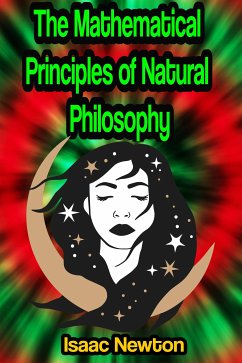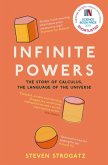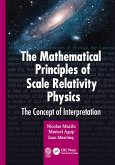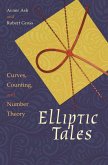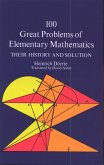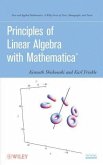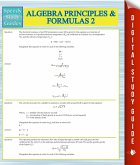The Mathematical Principles of Natural Philosophy by Isaac Newton often referred to as simply the Principia (/prɪnˈsɪpiə, prɪnˈkɪpiə/), is a work expounding Newton's laws of motion and his law of universal gravitation; in three books written in Latin, first published 5 July 1687.
After annotating and correcting his personal copy of the first edition, Newton published two further editions, during 1713 with errors of the 1687 corrected, and an improved version of 1726.
The Principia forms the foundation of classical mechanics. Among other achievements, it explains Johannes Kepler's laws of planetary motion, which Kepler had first obtained empirically.
The Principia is considered one of the most important works in the history of science. The French mathematical physicist Alexis Clairaut assessed it in 1747: "The famous book of Mathematical Principles of Natural Philosophy marked the epoch of a great revolution in physics. The method followed by its illustrious author Sir Newton ... spread the light of mathematics on a science which up to then had remained in the darkness of conjectures and hypotheses."
A more recent assessment has been that while acceptance of Newton's theories was not immediate, by the end of the century after publication in 1687, "no one could deny that" (out of the Principia) "a science had emerged that, at least in certain respects, so far exceeded anything that had ever gone before that it stood alone as the ultimate exemplar of science generally".
After annotating and correcting his personal copy of the first edition, Newton published two further editions, during 1713 with errors of the 1687 corrected, and an improved version of 1726.
The Principia forms the foundation of classical mechanics. Among other achievements, it explains Johannes Kepler's laws of planetary motion, which Kepler had first obtained empirically.
The Principia is considered one of the most important works in the history of science. The French mathematical physicist Alexis Clairaut assessed it in 1747: "The famous book of Mathematical Principles of Natural Philosophy marked the epoch of a great revolution in physics. The method followed by its illustrious author Sir Newton ... spread the light of mathematics on a science which up to then had remained in the darkness of conjectures and hypotheses."
A more recent assessment has been that while acceptance of Newton's theories was not immediate, by the end of the century after publication in 1687, "no one could deny that" (out of the Principia) "a science had emerged that, at least in certain respects, so far exceeded anything that had ever gone before that it stood alone as the ultimate exemplar of science generally".

